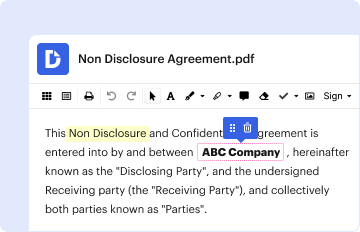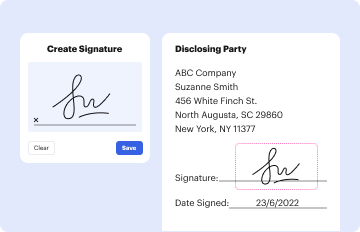Definition and Meaning of Proposed Guidelines on Indigent Defense
The "Proposed Guidelines on Indigent Defense" refers to a set of standards aiming to establish uniformity across various defense systems concerning the representation of indigent clients. These guidelines are essential for ensuring that individuals who cannot afford legal representation receive competent legal services. The guidelines cover multiple aspects, including independence of defense counsel, qualification requirements for attorneys, quality control measures, training programs, and workload management. Addressing these areas ensures that indigent clients' rights are protected within the criminal justice system, particularly in the state of California.
How to Use the Proposed Guidelines on Indigent Defense
Legal practitioners and defense organizations can employ these guidelines to standardize their approach to indigent defense. By following these guidelines, attorneys can:
- Ensure consistent quality and fairness in defense services.
- Evaluate and maintain proper independence from external influences.
- Implement regular training and development programs for attorneys.
- Manage workloads effectively to prevent overburdened defense counsel.
Each aspect of the guidelines assists in providing comprehensive legal defense to those who lack financial resources, promoting equal access to justice.
Key Elements of the Proposed Guidelines
The proposed guidelines encompass several critical elements to improve the delivery of indigent defense services:
- Independence: Ensuring defense attorneys are free from external pressures to act solely in their clients' best interests.
- Qualifications: Establishing minimum criteria for attorneys representing indigent clients to guarantee competent legal representation.
- Quality Control: Implementing oversight mechanisms to review and enhance the quality of defense services continuously.
- Training: Providing ongoing education and training for defense attorneys to stay updated on legal practices and issues.
- Workload Management: Adopting strategies to ensure attorneys do not take on more cases than they can handle effectively, maintaining high service standards.
These components are designed to enhance legal defense for indigent individuals, focusing on the quality and effectiveness of representation.
Steps to Complete the Proposed Guidelines Process
Implementing these guidelines involves several steps for law offices, public defenders, or nonprofit organizations:
- Initial Assessment: Evaluate current defense practices and identify areas for improvement based on the guidelines.
- Training and Development: Organize workshops and training sessions to familiarize staff with the guidelines.
- Systems Update: Incorporate quality control measures, adjust workload management systems, and ensure compliance with independence standards.
- Continuous Monitoring: Regularly review defense practices to ensure ongoing adherence to the guidelines.
- Feedback Loop: Collect feedback from clients and attorneys to make necessary adjustments.
Who Typically Uses the Proposed Guidelines
The primary users of these guidelines include public defender offices, private defense attorneys representing indigent clients, and legal aid organizations. These entities are critical in the legal ecosystem, providing necessary services to those who cannot afford private counsel. The guidelines help these groups deliver effective legal defense while adhering to high professional standards.


Important Terms Related to Indigent Defense
- Indigence: The state of lacking sufficient money to afford legal representation.
- Public Defender: An attorney employed by the government to represent indigent clients.
- Quality Assurance: Processes to ensure consistent delivery of legal services.
- Workload Capping: Limiting case numbers to manageable levels for attorneys.
Understanding these terms is essential for applying and adhering to the proposed guidelines effectively.
State-Specific Rules for Indigent Defense
While the guidelines aim for uniformity, states may have specific rules or variations:
- California: Emphasizes independence and regular quality assessments for public defenders.
- New York: Focuses on adequate training and certification processes.
- Texas: Prioritizes workload management to prevent burnout among defense attorneys.
Each state may tailor the guidelines to address unique legal landscapes and demographics, ensuring they meet specific regional needs.
Examples of Using the Proposed Guidelines
Several jurisdictions illustrate the successful adoption of these guidelines:
- Los Angeles County: Implemented extensive training programs for public defenders.
- Cook County, Illinois: Established an independent oversight committee to monitor defense services.
- Miami-Dade County, Florida: Adopted strict workload caps to maintain quality representation.
These examples demonstrate how the guidelines can be adapted and applied to enhance indigent defense services across various regions.








